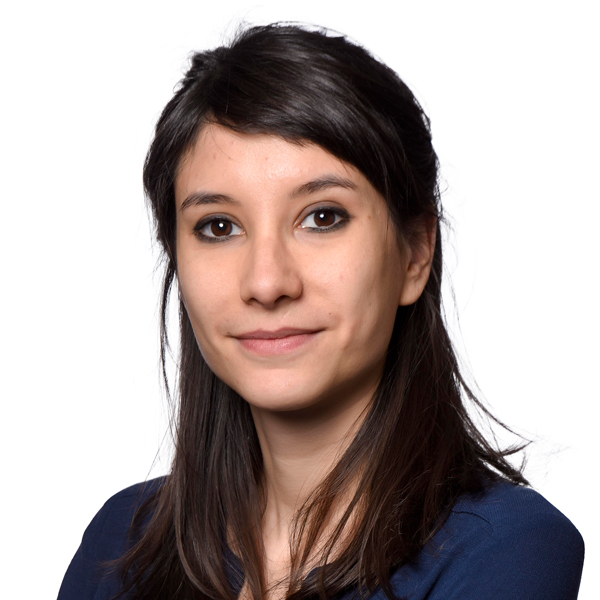ETHE, now in the Social Sciences Citation Index (SSCI)
Subject: Multidisciplinary
The journal, co-published by the UOC and the University of Los Andes, will obtain the Impact Factor, so establishing itself as a global reference in online education.
The journal ETHE (International Journal of Educational Technology in Higher Education),now forms part of the Social Sciences Citation Index (SSCI) list of journals, the database that indexes and rates the international scientific publications with the highest impact in each subject area.
Thanks to its inclusion, ETHE's Impact Factor (IF) can be calculated from June 2019. It is the most internationally used and recognized index for measuring the quality of scientific journals.
“This recognition of our journal demonstrates the quality of work invested by the whole editorial team over many years”, stated co-director and founder of ETHE, Josep Maria Duart. Inclusion in the SSCI index is a quality reference in the assessment of the science world and enables ETHE to position itself as an international reference in the field of e-learning in higher education.
A global academic network
As Duart explained, the University of Los Andes (Colombia), co-publisher of ETHE "has collaborated in ensuring the sustainability and quality of the journal”, favouring its current inclusion in the SSCI.
With a view to 2019, the journal will increase its number of co-publishers to four, although the UOC will continue to be the legal owner. Therefore, in the new year, and over the next three years, the co-publication of the e-journal will also include the participation of two new institutions, Dublin City University and Vytautas Magnus University.
Accordingly, this will consolidate the journal’s international academic composition, which in 2017 was spread over 5 continents, with 126 authors from 26 countries and 208 proof-readers from 41 countries. These figures have been extensively surpassed this year.
The e-learning journal
The ETHE journal was founded by the UOC 14 years ago under the title RUSC, Revista de Universidad y Sociedad del Conocimiento, under the management of Josep Maria Duart. In 2016, thanks to the co-publishing agreement with the University of Los Andes, Álvaro Galvis was appointed as co-director. The executive publication of the journal, and the dissemination of the contents on social media, is managed by Elsa Corominas from the UOC Library. Today, the journal also has an Editorial Board with 42 members and an International advisory board, led by Rosalind James from Australia, former co-director of the journal between 2013 and 2015.
The positioning of articles is fundamental
The publication of a scientific article is the tip of the iceberg for publishing work, the result of hours of research at a university or research centre. To increase the impact and visibility of articles, a lot of work both before and after publication is needed: the article's positioning in search engines must be optimized; it must be promoted on social, academic and trade media, and visual presentations must be made and disseminated. It is ongoing and planned work, and the results are seen in the long term.
Assessing the impact of scientific output
The Impact Factor (IF) is a bibliometric index that helps determine the repercussions of a publication in academic literature; it is calculated by comparing the citations received by a journal and the number of articles it publishes over a specific period.


